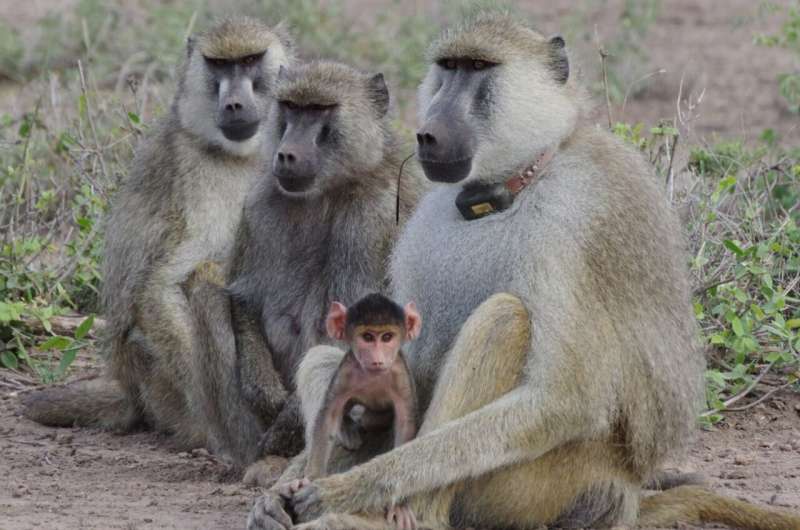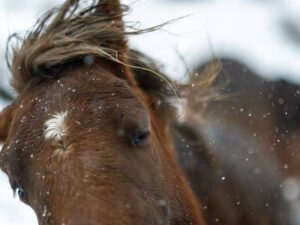
In a groundbreaking study from the University of Notre Dame, researchers have discovered that strong father-daughter relationships can significantly impact the longevity of female baboons. The study, published in the Proceedings of the Royal Society B, reveals that female baboons with strong paternal bonds live two to four years longer than those without.
The research evaluated the dynamics of father-daughter interactions among baboons in the Amboseli ecosystem of East Africa. The findings highlight the role of paternal presence in the early years of a female baboon’s life, a factor previously underestimated in non-human mammals.
Exploring Paternal Influence in the Animal Kingdom
Unlike humans, few mammalian species benefit from paternal care. However, when such care is present, it appears to offer substantial advantages. The study led by Elizabeth Archie, a professor of biological sciences at Notre Dame, sheds light on the potential evolutionary benefits of paternal involvement.
“Male baboons tend to reach their peak reproductive success when they’re young adults,” Archie explained. “But once they’ve had a few kids and their condition declines, they sort of slide into ‘dad mode,’ where they don’t disperse as much and they don’t try as hard to mate. Then they have time to invest in and hang out with their kids.”
Key Findings and Methodology
The research team observed 216 female baboons and their fathers, discovering that about one-third of these females co-resided with their fathers for three years or more. The remaining two-thirds experienced the absence of their fathers due to departure or death within the first three years of life.
In addition to co-residence, the study evaluated grooming behaviors, which are crucial for hygiene and social bonding. Archie likened grooming to the “human equivalent of sitting down, having a cup of coffee and a good chat.”
Females with strong father-daughter bonds lived two to four years longer than those with weaker relationships.
Implications of Paternal Bonds
The study suggests that paternal presence can mitigate the effects of early life adversity, allowing females to recover from other challenges. “In a lot of mammals, dads have a reputation of not contributing very much to offering care, but we now know that even these seemingly minor contributions that males are making still have really important consequences, at least in baboons,” Archie stated.
Interestingly, the research also noted that strong relationships between juvenile females and other adult males did not predict adult survival. This could be attributed to the protective role fathers play, often intervening in conflicts to shield their daughters and even the mothers from other group members.
Broader Implications and Future Research
This study is part of the long-running Amboseli Baboon Research Project, co-directed by Archie, Susan Alberts from Duke University, and Jenny Tung at the Max Planck Institute for Evolutionary Anthropology. The project, which began in 1971, continues to provide valuable insights into primate behavior and social structures.
Archie believes the findings may offer clues into the evolutionary roots of human parental care, suggesting that even minimal paternal involvement can have significant impacts. The study’s co-authors include David Jansen at the University of Wisconsin-Madison and J. Kinyua Warutere at the Amboseli National Park in Kenya.
As the research community continues to explore the nuances of paternal influence across species, this study underscores the importance of considering paternal roles in the broader context of mammalian social dynamics.
For more information, refer to David J. Jansen et al, Early-life paternal relationships predict adult female survival in wild baboons, Proceedings of the Royal Society B: Biological Sciences (2025). DOI: 10.1098/rspb.2025.0194







